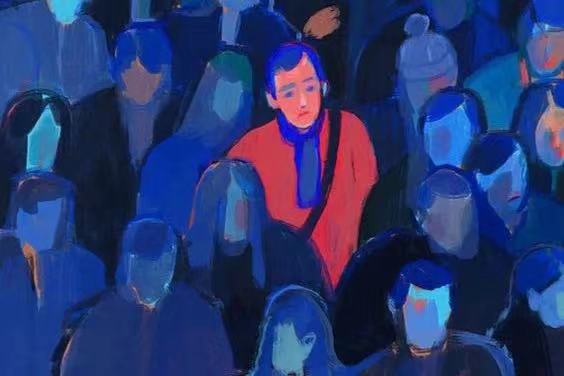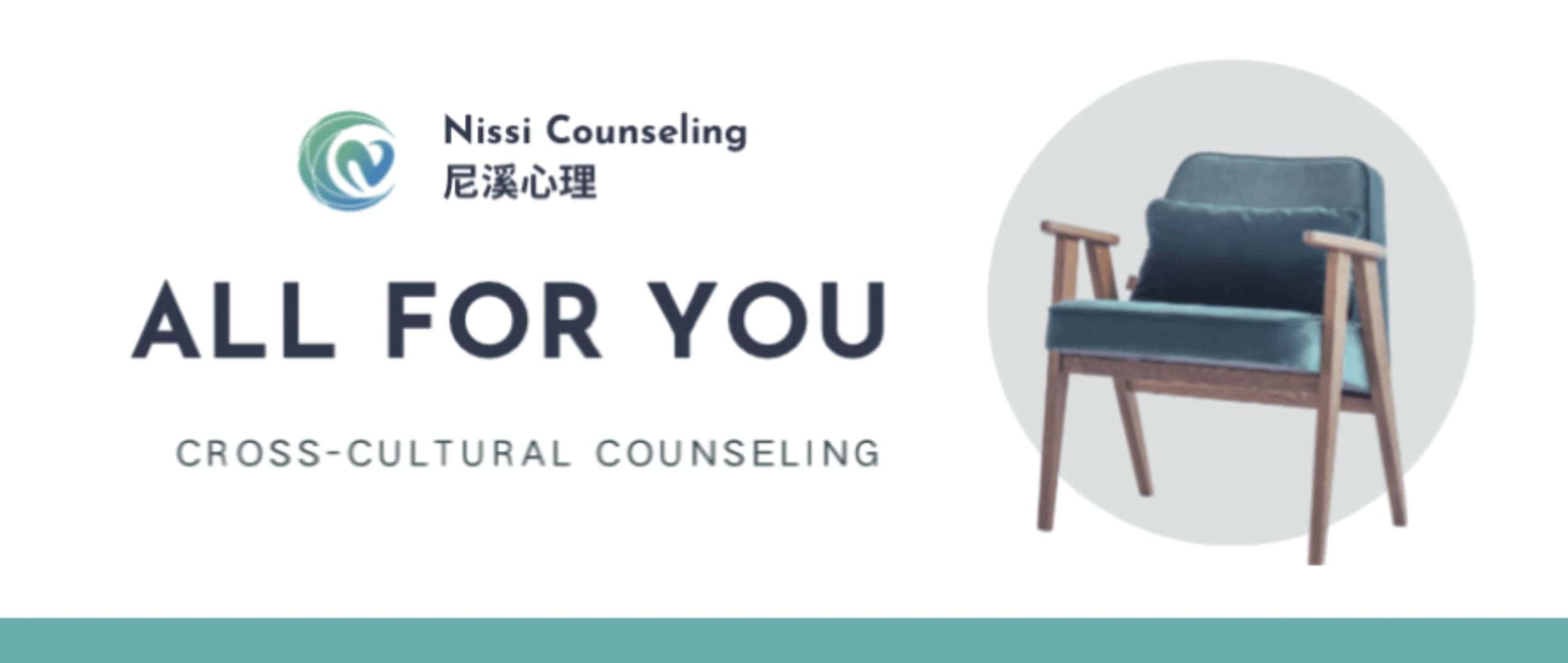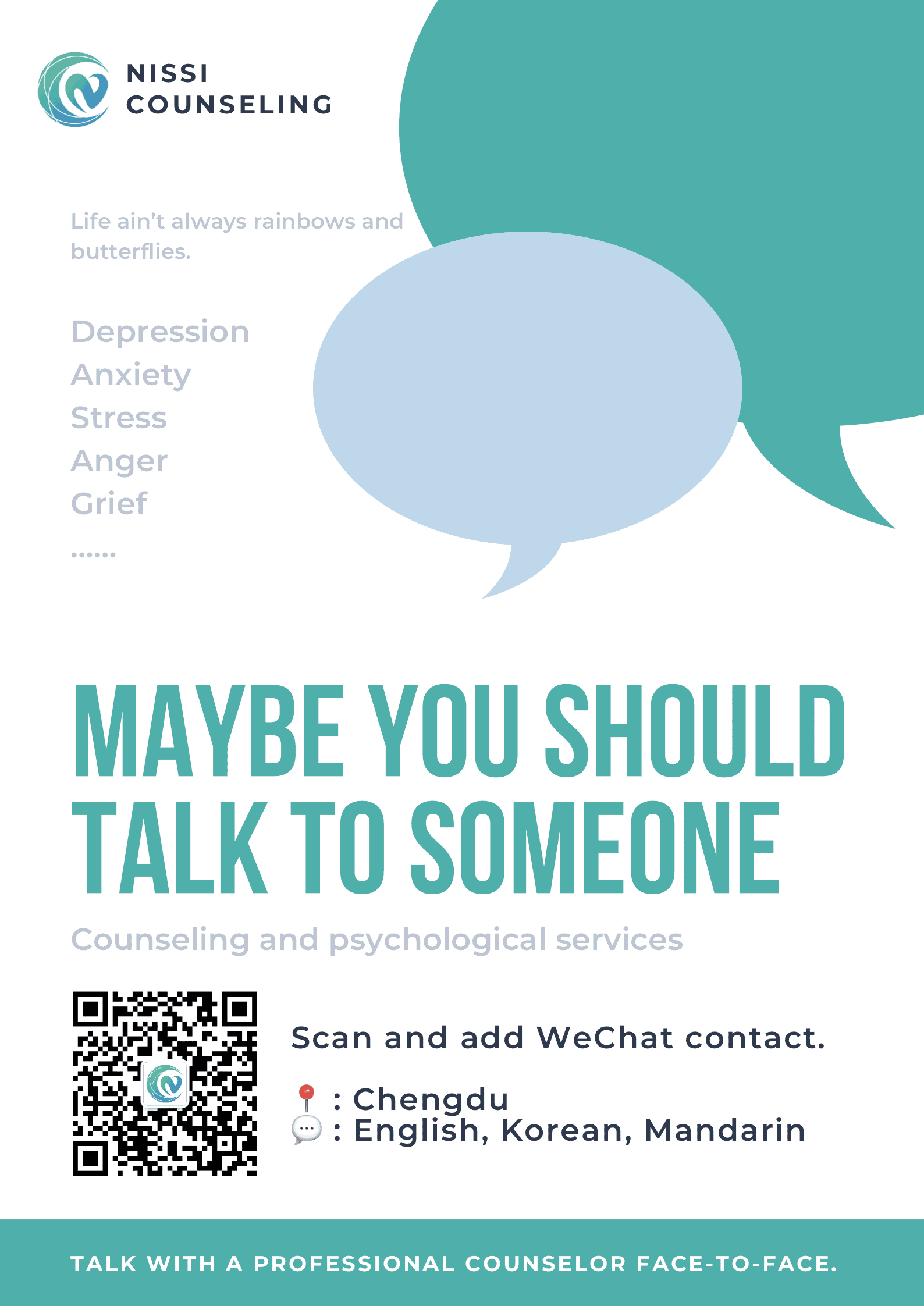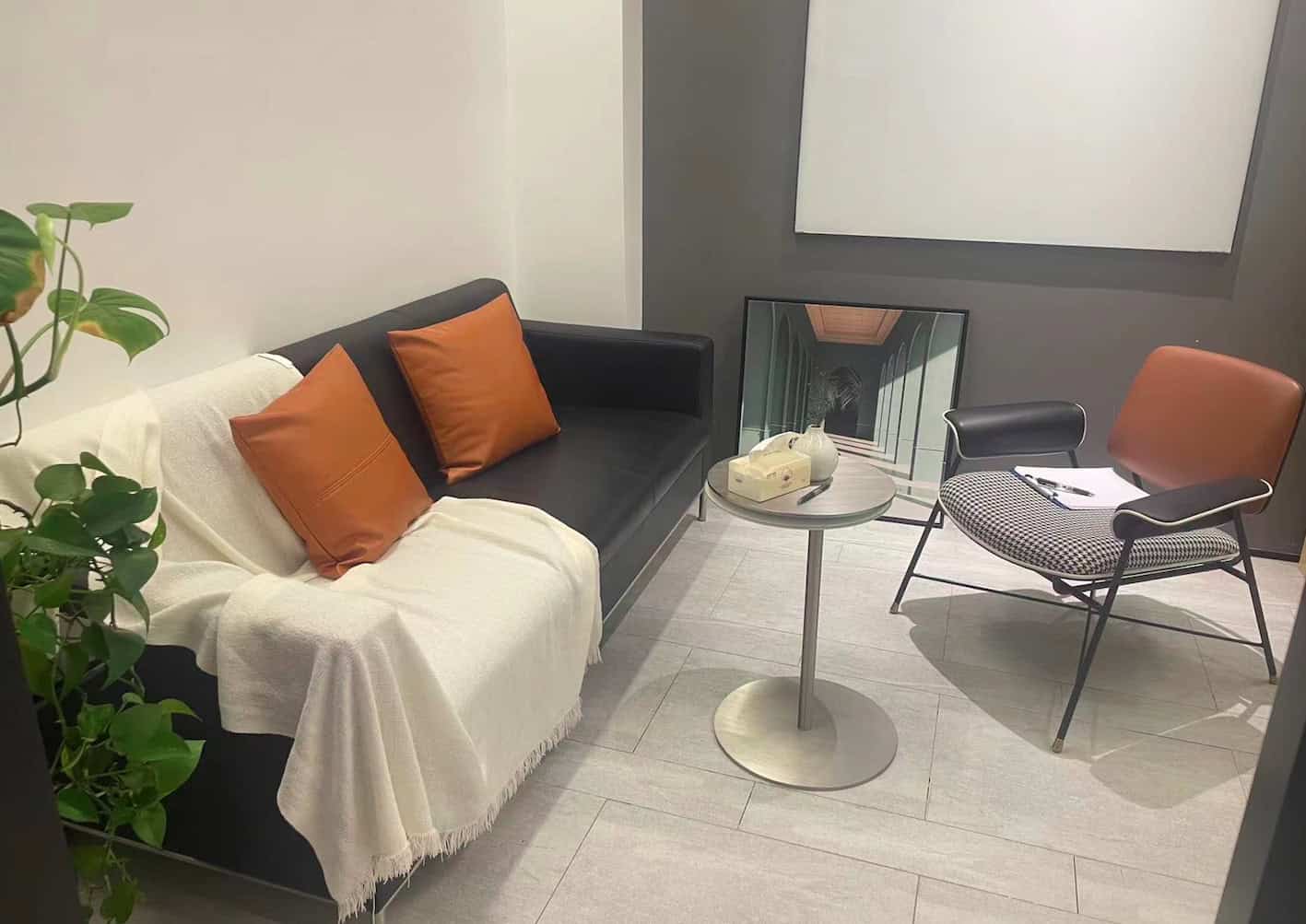Navigating Cultural Adaptation and Mental Health in Chengdu as an Expat
The start of a new year often brings a sense of renewal and fresh opportunities. For expats living in Chengdu, this is also a chance to reflect on personal well-being. While adjusting to life abroad can be exciting, it can also present challenges, especially when it comes to cultural adaptation and mental health in Chengdu. Fortunately, support is available to help expats manage these transitions and thrive in their new environment.
Nissi Chengdu, offer professional counseling. They have been providing counseling services to many expats and clients with cross-cultural backgrounds in China for 7 years.
Understanding Cultural Adaptation and Mental Health in Chengdu
Cultural adaptation is the process of adjusting to a new cultural environment. For expats in Chengdu, this can affect both day-to-day life and emotional well-being. That’s why understanding the link between cultural adaptation and mental health is so important.
This journey usually includes several emotional stages:
At Home: Before the move, people often feel excited and enthusiastic. However, it’s also normal to worry about leaving behind family and friends. Honeymoon Phase: After arriving, everything feels new and exciting. New housing, work or school, and daily routines bring a sense of adventure. Culture Shock Phase: Over time, differences in daily life may cause frustration. It’s common to feel confused, homesick, or even withdrawn during this stage. Adjustment Phase: With time, expats begin to feel more settled. Confidence grows as they become more familiar with local customs and routines. Adaptation Phase: Eventually, most people reach a level of comfort. Even though difficult moments still occur, they are met with a more balanced and constructive attitude.
Clearly, each stage affects both cultural adaptation and mental health. By recognizing these stages, expats can better prepare themselves and take steps to stay mentally healthy throughout their transition.
How Cultural Adaptation Affects Mental Health for Expats
Cultural adaptation and mental health are closely linked for expats. Adapting to life in a new country is more than just learning customs or language, it can deeply affect emotional well-being. For many, this transition brings both stress and personal growth.
Stress and Anxiety
During the early stages of cultural adjustment, it’s common to feel overwhelmed. For example, daily communication struggles, unfamiliar routines, or culture shock can trigger anxiety or sadness. These reactions are normal. However, if ignored, they may lead to more serious mental health concerns.
Resilience and Growth
Despite these challenges, cultural adaptation and mental health can move in a positive direction. Overcoming cultural obstacles, like building friendships or learning a local dialect, boosts confidence. As a result, expats often develop greater emotional strength and resilience.
Community Support
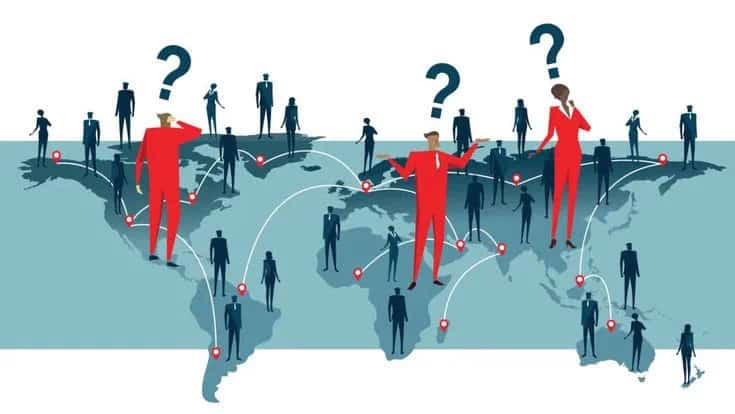
Resources for Cultural Adaptation and Mental Health in Chengdu
Chengdu offers a variety of helpful resources to support expats adjusting to life abroad. Whether you’re new to the city or have been here a while, finding the right support can make a big difference.
Expat Communities:
Local platforms such as Chengdu-Expat connect people through events, forums, and social gatherings. These groups offer practical advice, friendship, and a sense of belonging, which are all essential during cultural transitions.
Mental Health Services:
Organizations like Nissi Counseling Chengdu provide professional mental health support for expats. Their experienced counselors specialize in cross-cultural issues and offer guidance tailored to individual needs. As a result, many newcomers find it easier to cope with emotional challenges. Besides providing counseling services, Nissi Counseling is also dedicated to general psychology education in China. They promote diversity, to truly achieve their mission “help people to help themselves”.
Clearly, cultural adaptation and mental health in Chengdu are closely connected. Although settling in a new place can be tough, it also presents opportunities for personal growth and resilience. By embracing the city’s unique culture and using available resources, expats can turn this challenge into a positive experience.
Start the Year Strong
The beginning of a new year is an ideal time to reflect and make mental well-being a priority. Taking proactive steps toward integration now can set the tone for a more fulfilling life in Chengdu.
How We Support Cultural Adaptation and Mental Health in Chengdu
At Nissi Counseling Chengdu, we provide multilingual counseling and psychological support tailored to the expat community. Our services are designed to help with the emotional challenges that often come with cultural adaptation and mental health.
Individual Counseling Services
We offer professional help for:
Depression, anxiety, phobias, and other emotional difficulties
Social challenges, family issues, and relationship conflicts
Child and teen development, including emotional and behavioral support
Rehabilitation for autism, ADHD, and similar conditions
Online counseling for returnees or overseas students
Whether you’re new to Chengdu or have been here for years, adjusting to life in a new culture can impact your mental health. Talking to a counselor can help ease this process.
Group Training Programs
In addition to individual sessions, we offer group workshops focused on:
Emotion management
Stress reduction
Communication improvement
Positive thinking skills
These sessions help expats build resilience and better manage daily life in Chengdu.
Counseling for Expats in Chengdu
Our counselors speak English, Korean, and Chinese. You can schedule a face-to-face session by appointment only.
Before your visit, our assistant will send you an invitation code. This code is required to access the building.
Information & Contact
Please feel free to add us on WeChat for professional counseling and psychological support
⇣
Address:
3rd Floor, Officezip, No.277, Jiaozi Avenue, High-Tech Zone
高新区交子大道277号环宇荟 Officezip 3楼(来访请先预约)
